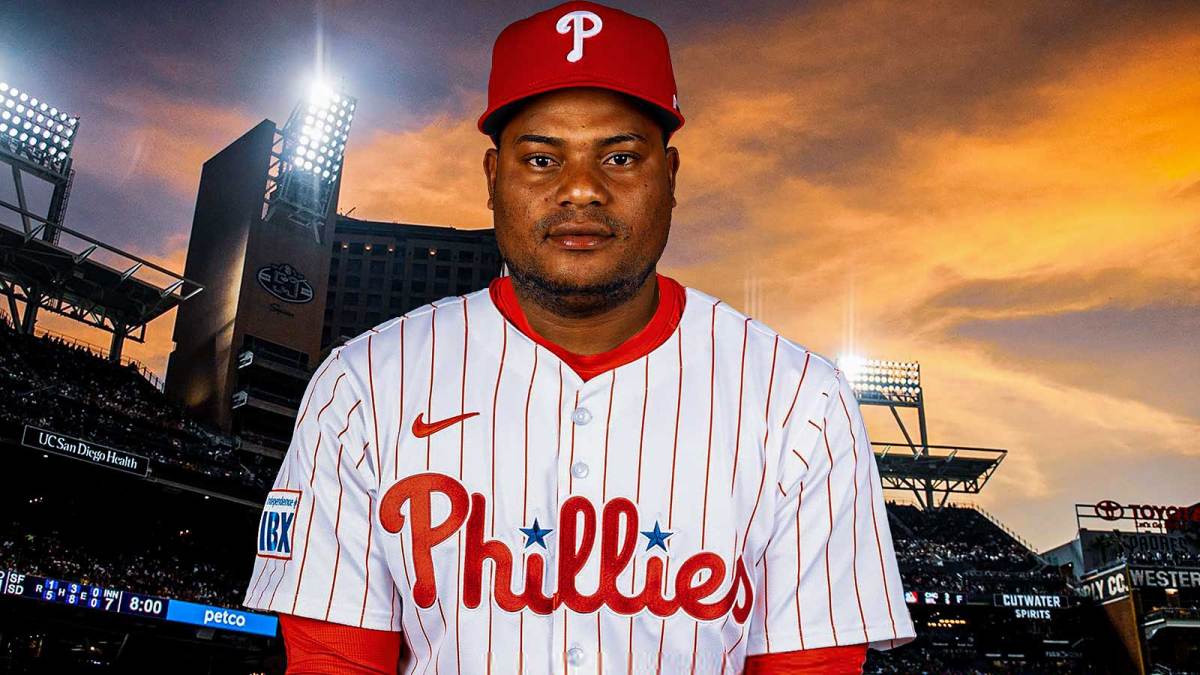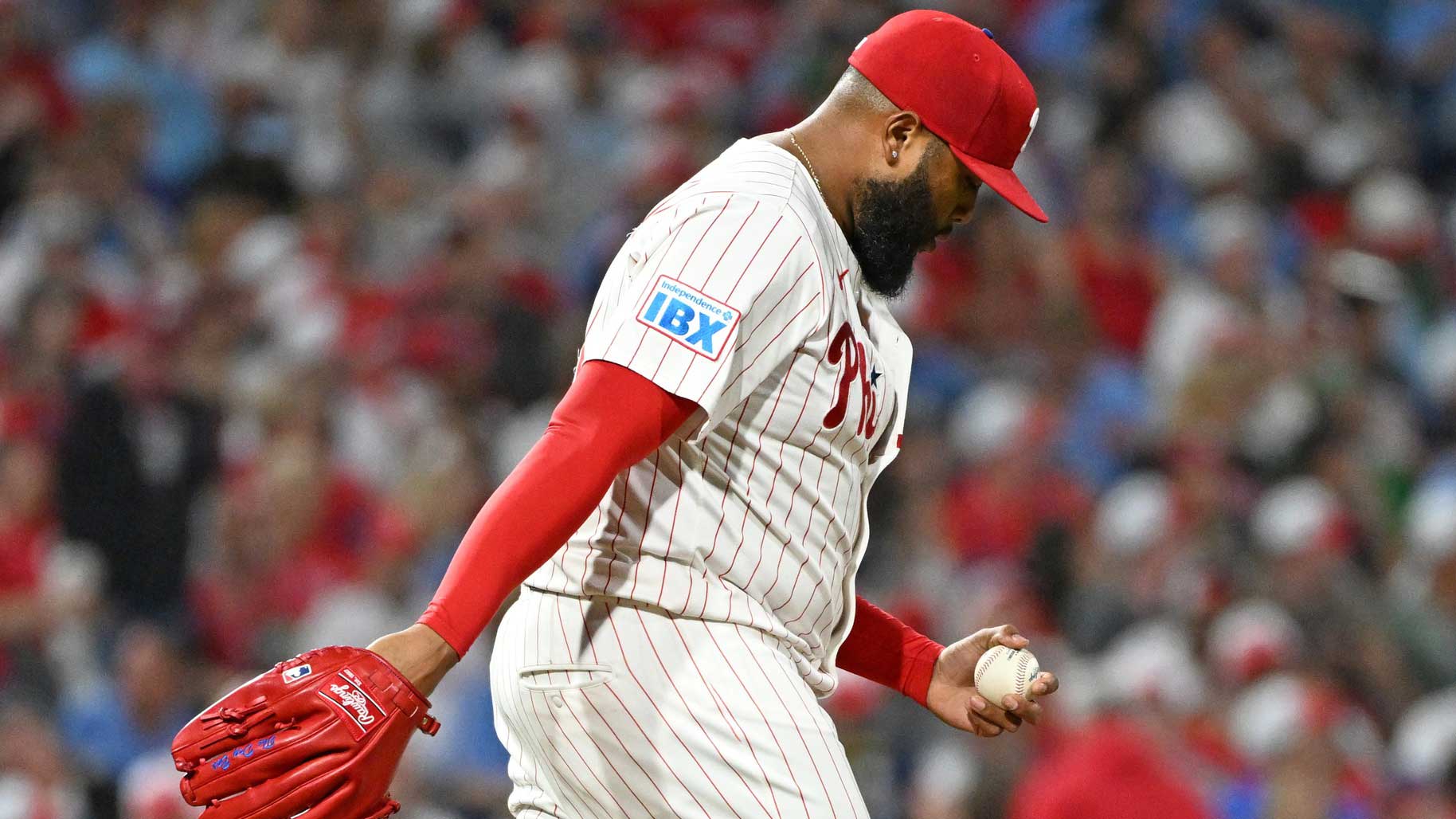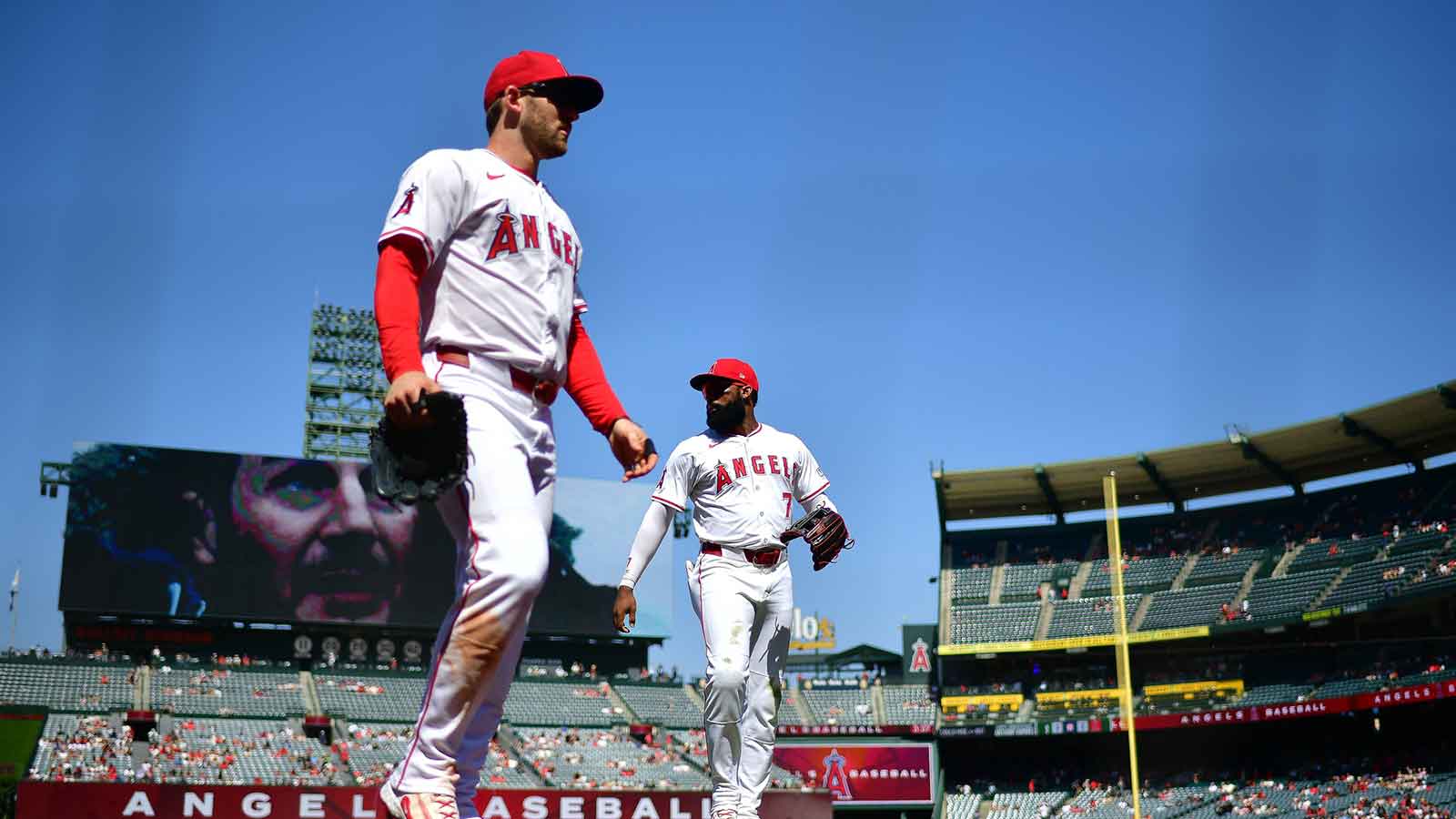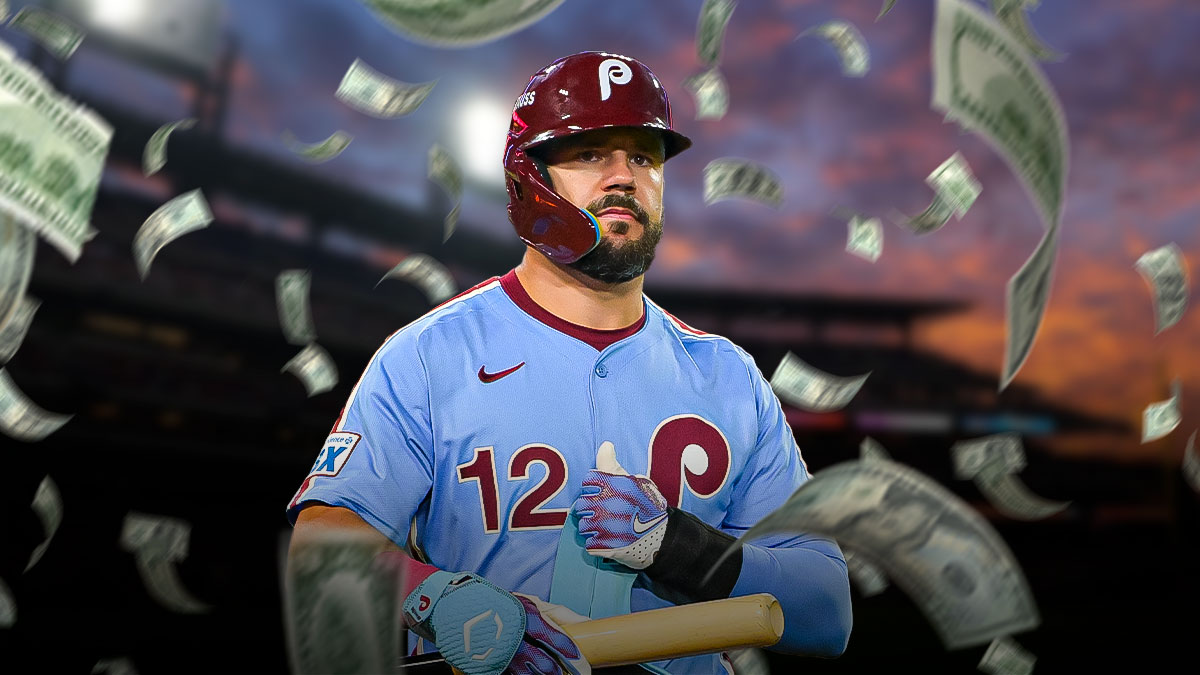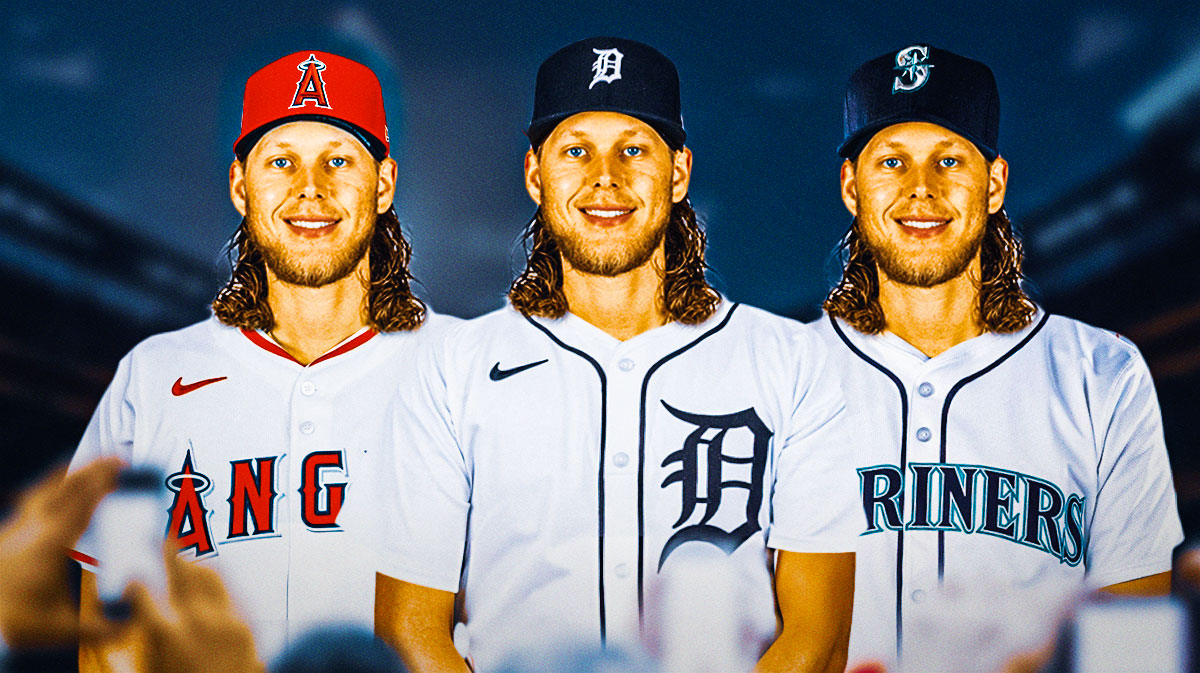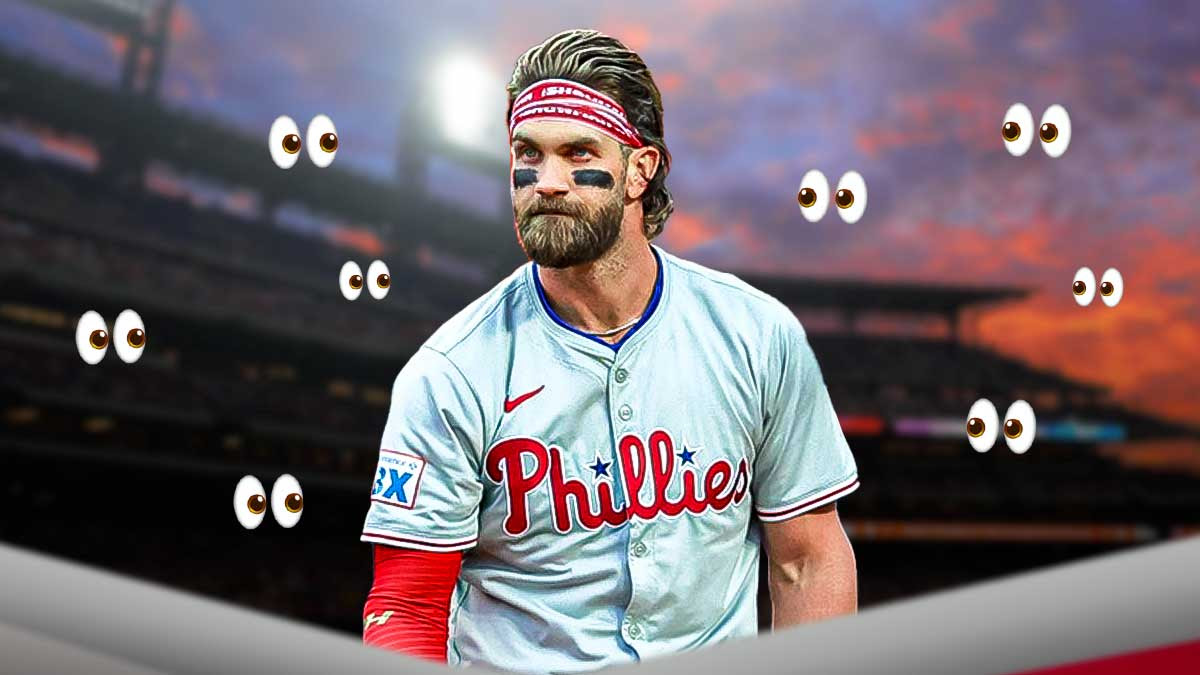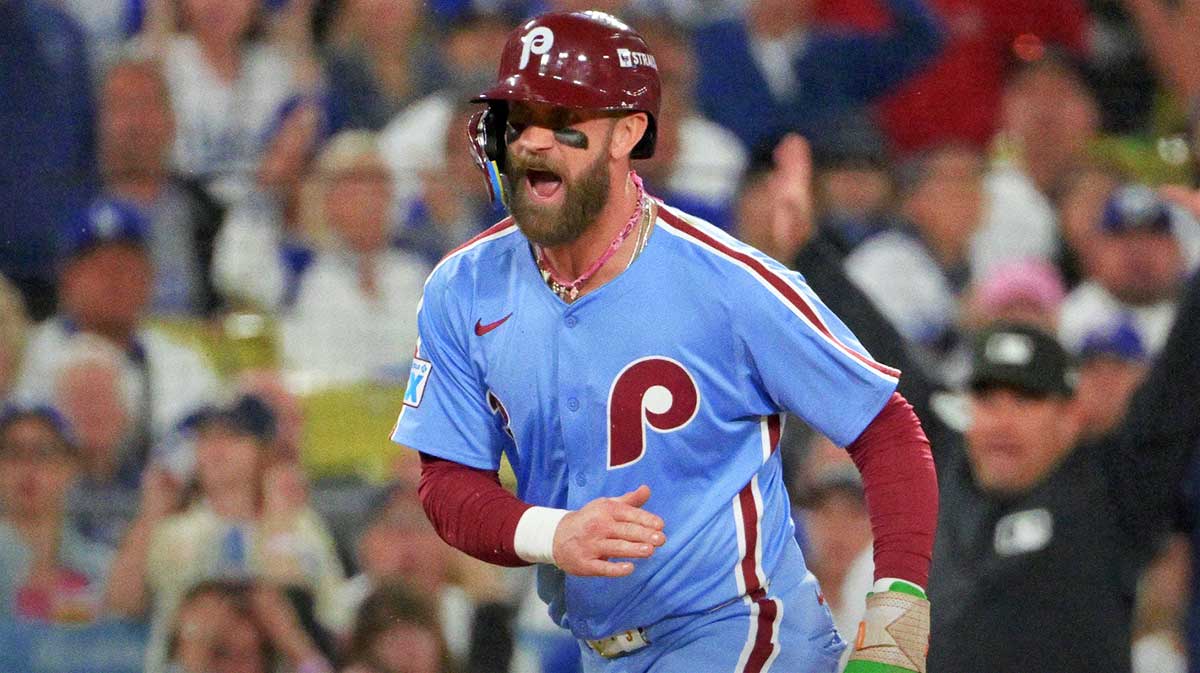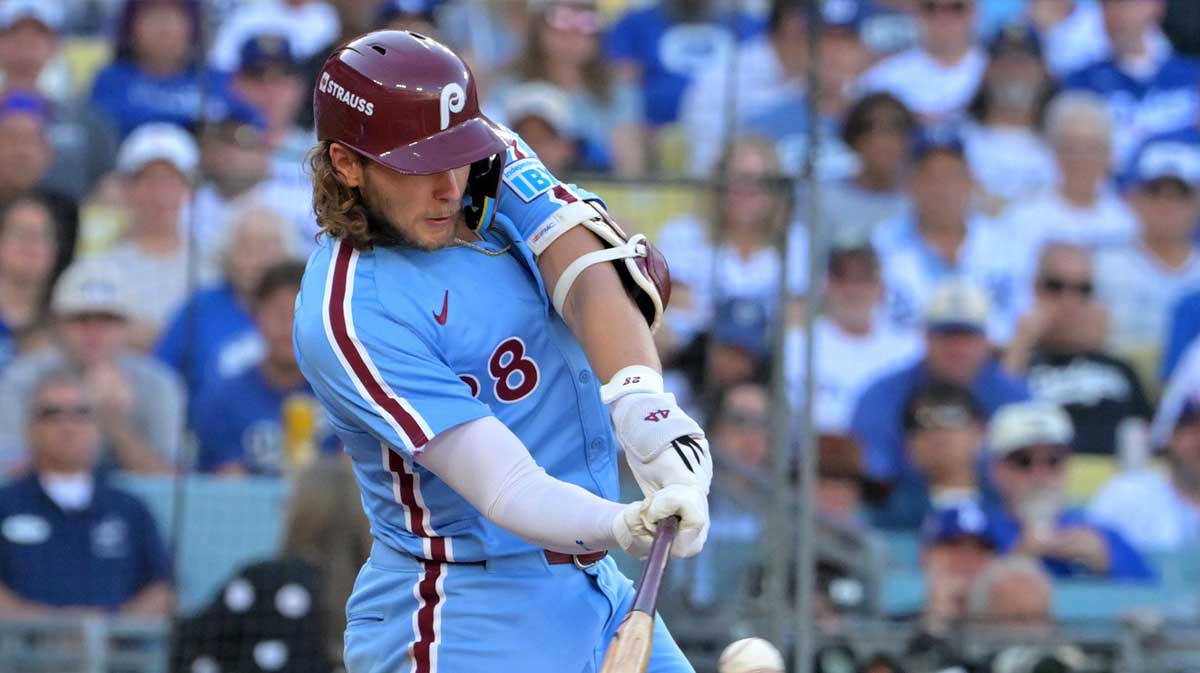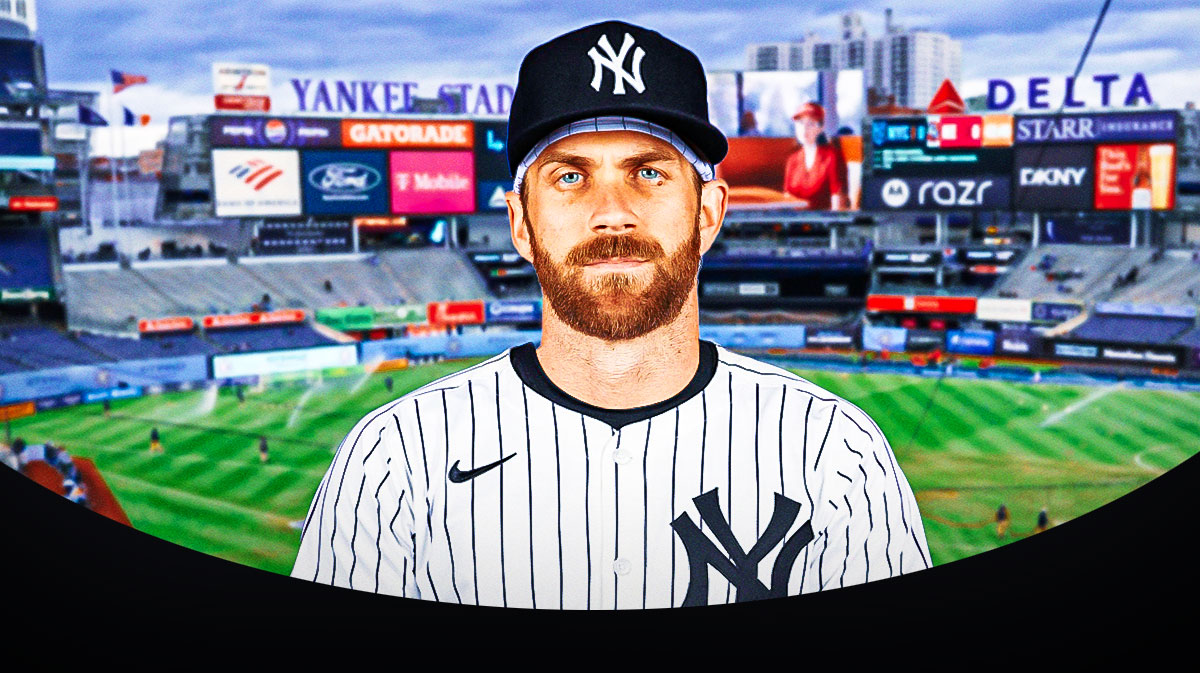The Philadelphia Phillies find themselves at a crossroads heading into the 2026 season. Despite winning 96 games, the franchise fell short once again in the postseason, leaving their front office desperate for the missing piece that could finally deliver a World Series championship. That piece could very well be Framber Valdez. The Houston Astros' two-time All-Star left-hander is now on the open market, and if the Phillies want to make a legitimate run at contention, they need to be aggressive in pursuit of one of baseball's most consistent and durable starting pitchers.
Valdez has quietly established himself as arguably the most reliable starter available in this year's free agency class. Over the past four seasons, he has pitched at least 175 innings every single year, demonstrating the kind of durability that has become increasingly rare in modern baseball. His 3.66 ERA in 2025 was a slight dip from his historical standards, but it masked an elite performer who was absolutely dominant in the first half of the season. Through 21 starts, he posted an 11-4 record with a 2.62 ERA and 141 strikeouts before an injury-plagued second half. The bottom line: Valdez is an ace-caliber pitcher who can anchor a rotation for years to come, and the Phillies desperately need exactly that.
The market for Valdez is heating up quickly. Multiple projections suggest he could command anywhere from six to seven years and $168 million to $196 million, with some analysts predicting an eight-year deal in the neighborhood of $218 million if his camp can match Max Fried's recent blockbuster agreement with the Yankees. For the Phillies, being competitive in this market requires understanding what motivates Valdez and crafting an offer that addresses his needs while also making financial sense.
The Perfect Philadelphia Proposal: Seven Years, $196 Million
The Phillies should offer Framber Valdez a seven-year contract worth $196 million, averaging $28 million per year. This structure hits the sweet spot between being competitive in the current market while remaining fiscally responsible long-term. The deal would begin in 2026 when Valdez is 32 years old and would extend through the 2032 season, keeping him in the prime of his remaining career window.
Breaking down the annual structure is crucial. The Phillies should propose a front-loaded agreement that begins at $32 million in 2026, then gradually decreases to $26 million by the final year of the deal. This structure provides Valdez with immediate financial security while allowing Philadelphia to manage its payroll more effectively in the later years of the contract. The inclusion of performance bonuses for reaching certain innings-pitched thresholds and playoff appearances could add up to an additional $5 million per year, incentivizing him to stay healthy and competitive.
A critical component of this offer must include a full no-trade clause. For a pitcher of Valdez's stature and age, this protection is essential. It signals that the Phillies are serious about keeping him through the duration of his contract and want him to feel secure in his new home. Additionally, the team should offer an option to extend the deal by two years at $25 million per season—essentially allowing Valdez a path to maximize earnings if he maintains his performance standards.
Why Valdez Fits the Phillies' Puzzle
From a baseball perspective, Valdez is the perfect complement to a Phillies rotation that already includes the promising Cristopher Sánchez and newly acquired Jorge Mateo. His elite ground ball rate—59.4 percent in 2025—plays perfectly to the strengths of an infield anchored by elite defense. Unlike fly-ball pitchers who put more pressure on an outfield, Valdez's repertoire benefits from strong middle-infield play, something the Phillies have in abundance with players like Trea Turner.
The Phillies' payroll situation, while tight, can accommodate this investment. By maintaining their commitment to re-signing Kyle Schwarber and J.T. Realmuto, they're investing in their core group while also adding a franchise cornerstone pitcher. It's the kind of bold move that separates pretenders from contenders.
Why the Astros Can't Match This
The Houston Astros have a well-documented history of being reluctant to commit to long-term, expensive free agent contracts. With Valdez set to turn 32 in November, the team would rather invest resources elsewhere than tie up significant payroll on an aging pitcher, even one as consistent as Valdez. The Phillies, by contrast, are in prime position to make this commitment, and they should do it without hesitation.For the Phillies, landing Framber Valdez represents a statement of intent. It signals to their fanbase and the rest of baseball that the organization is fully committed to ending their World Series drought. This is the move that sends a franchise into legitimate contention territory.

